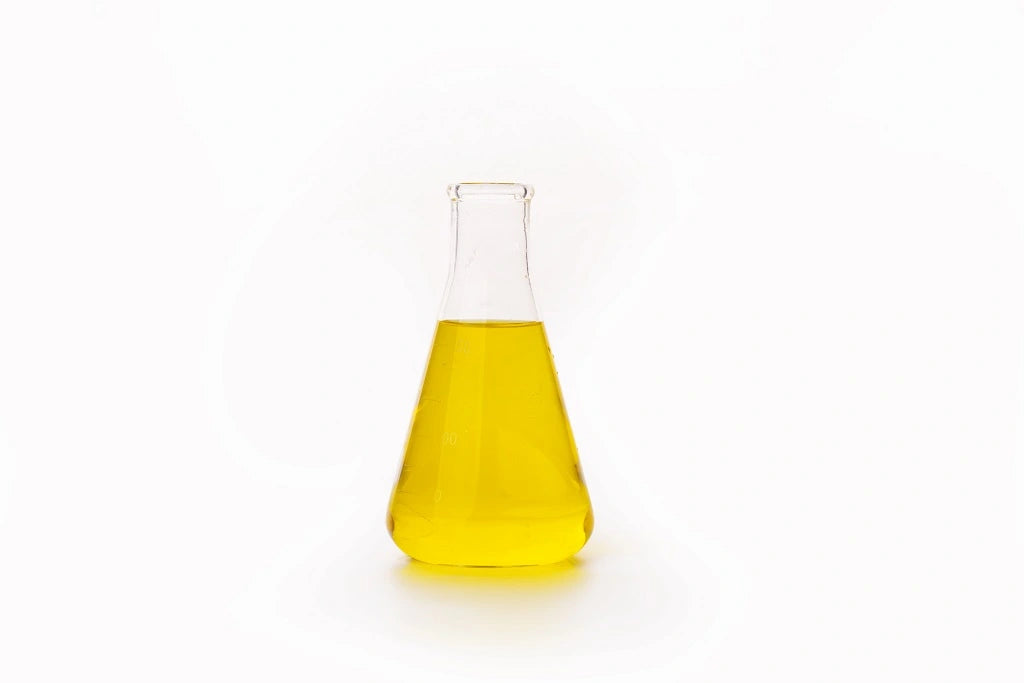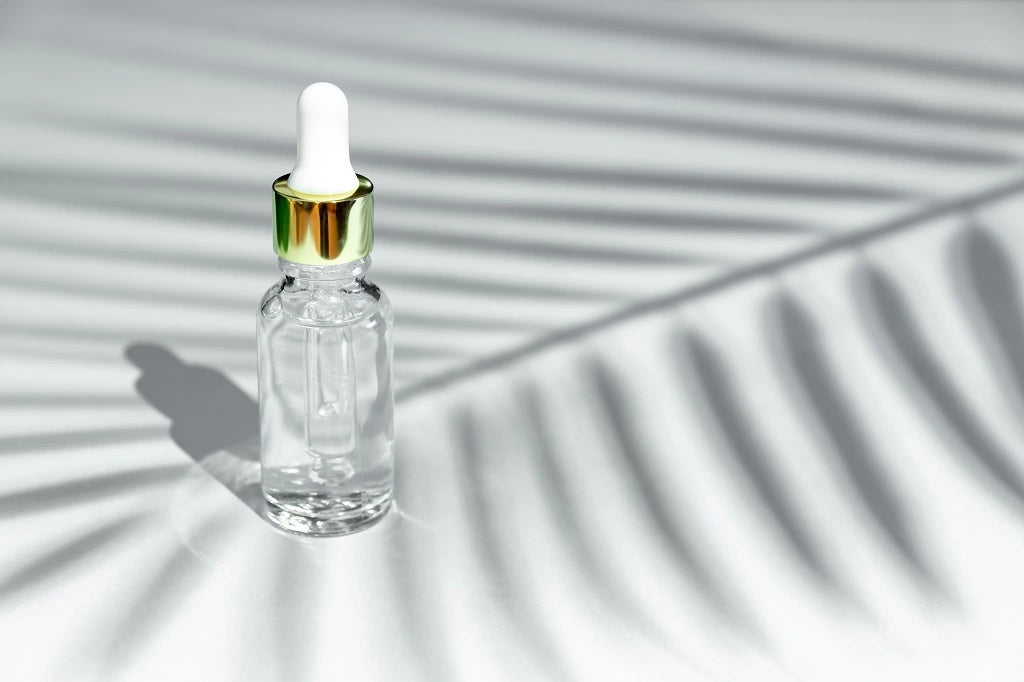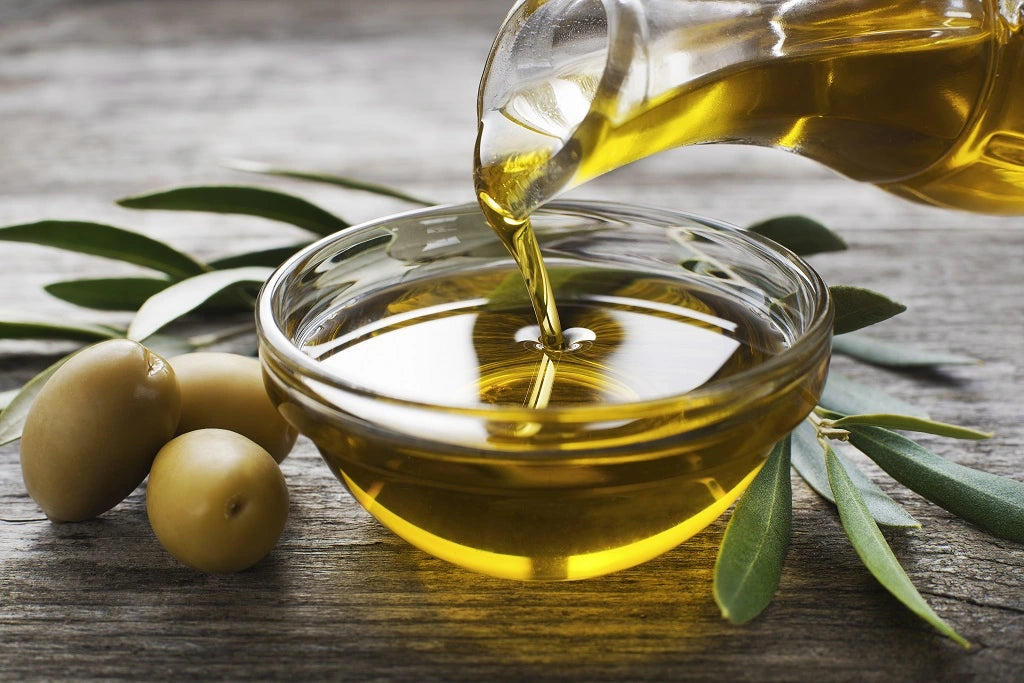Coco betaine has recently gained popularity due to its ability to make the hair soft, smooth, shiny, and more manageable. It is a natural alternative to harsh chemical treatments such as sulfates. Coco betaine may be the ultimate solution for people who want to go sans sulfate in their hair care routine. Here’s everything you need to know about this amazing compound and how you harness all the haircare benefits of Coco betaine.
What is coco betaine?
Coco betaine is a derivative of cocamide and glycine amide. This pale yellow-coloured beauty ingredient is derived from coconut oil. Coco Betaine is a natural surfactant with a pH value between 5 and 6. It is commonly used in organic formulations as it is extracted from coconut oil and contains no synthetic material. Coco refers to coconut oil, and betaine is an amino acid from beets. The mucous membranes and skin are particularly responsive to Coco betaine and easily absorbed into the skin. It is gentle on your skin and exhibits excellent cleansing and foaming properties, due to which it is readily used in baby products. It is gentle on the skin and people with sensitive skin can use coco-betaine-infused products.
Coco betaine and Cocoamidopropyl betaine are often mistaken to be the same. Though both are surfactants in skincare and haircare products, they are two different compounds with different chemical structures.
Let’s dig deeper into the differences between coco-betaine and Cocoamidopropyl betaine.
- Coco-betaine is used as a natural surfactant in organic formulations, provided it has been manufactured in a permitted manner.
- Even though the Coco and betaine parts are natural, Cocamidopropyl betaine is always synthetically produced.
- People with sensitive skin may experience mild irritation from Coco-betaine, even though it is a natural product.
- In comparison to Cocamidopropyl betaine, Coco-betaine is difficult to find.
- Coco-betaine and Cocamidopropyl betaine are used as surfactants in the product formula.
- Both are extensively used in skincare, haircare, and personal care products.
- Both are used to increase the viscosity of the product formula.
The scrutiny of the chemical structure reveals that in Coco betaine the amino group and the propyl group are missing. Hence, it is clear that although Coco-betaine and Cocamidopropyl betaine have similar functions, yet they are chemically different.
Benefits of coco-betaine for hair
In beauty products, Coco-betaine acts as a conditioner, a surfactant, a cleanser, an antistatic agent, and a viscosity-increasing agent. Thus Coco-betaine is readily used in shampoos, conditioners, serums, and hair masks. Let’s elucidate the other haircare benefits of Coco-betaine.
1. Conditions your hair
As Coco-betaine is derived from coconut oil, it exhibits hydrating and nourishing properties, thus keeping your hair well conditioned.
2. Moisturizing agent
It acts as a humectant that attracts the water molecules, keeping your strands hydrated for a longer time.
3. Foaming agent
It acts as an excellent foaming agent, while increasing the product efficacy.
4. Acts as a mild cleansing agent
As a surfactant, Coco-betaine helps water to bind with dirt and grime, making it easier to wash off. Moreover, the pH range of Coco-betaine attributes to its microbial effect, making it an effective cleansing agent. It protects your scalp from any bacterial or fungal infections.
Check out Coco Betaine (Cocamidopropyl Betaine/CAPB) infused shampoo for curly hair from Curlvana.
Buy Curlvana Curl Cleanse Shampoo
5. Maintains healthy scalp
A dry and itchy scalp can lead to various scalp issues. To have a healthy scalp, you should keep it well nourished and hydrated. The hydrating property of coco-betaine keeps your scalp well hydrated, thus maintaining a healthy scalp.
6. Enhances hair texture
Betaine improves the texture of your hair and conditions it, keeping it hydrated for a longer time. It makes your hair soft, smooth, and shiny.
7. Viscosity increasing agent
The ingredient increases the viscosity of haircare formulations, making them appear thick, rich, and creamy.
8. Emulsifying agent
It acts as a stabilizer in the product formula, preventing immiscible liquids from separating by lowering the surface tension between them.
How to use coco-betaine for hair?
Coco betaine is a natural surfactant that is devoid of any synthetics. Hence it is used in most hair care products such as shampoo, conditioners, hair masks, and hair serums. It is gentle and safe on your skin and readily used in babycare products. You can incorporate Coco-betaine-infused hair care products into your regular hair care regime without worrying about its adverse effects. Compared to synthetic surfactants that are harsh on the skin, Coco-betaine gently cleanses your the and scalp without robbing it of its natural oil. It improves the texture and appearance of the tresses, leaving them soft and silky. Moreover, it is safe for regular use. You can use it regularly to get the desired result.
How to choose coco-betaine for hair
When selecting your hair care products, check the ingredient list on the label of the product. Look for Coco-betaine in the list of ingredients. People often get confused between Cocamidopropyl betaine and Coco-betaine in their haircare, considering it to be a typo error. Both are surfactants and exhibit similar functions in the product formulae but have different chemical structures.
Other ingredients it is compatible with
Coco-betaine works well with most of the hydrating ingredients in hair care products, such as glycerine, hyaluronic acid, and niacinamide. It works well with both anionic and cationic surfactants but is not compatible with an anionic surfactant having a low pH.
Side effects of coco-betaine
Coco-betaine is generally considered to be safe for topical application. Being a natural surfactant derived from coconut oil, Coco-betaine is gentle and mild on the skin. Though a natural ingredient, it can cause skin irritation in people with sensitive skin. Hence it is always advisable to check for any adverse reaction by performing a patch test. Coco-betaine has been rated as a very low-hazard beauty ingredient, hence is used in many skincare, haircare, and personal care products.
We understand how difficult it is to manage dry, frizzy, and damaged hair. But now, with this super-hydrating ingredient in your beauty arsenal, managing your unruly hair will no more be a tough task for you.
So now you know the haircare benefits of Coco-betaine and how to incorporate it into our daily haircare regime effectively. With proper hair care products specifically designed for your hair concerns, you can say goodbye to bad hair days and have the hair you have always wanted!
Also Read :
Cocamidopropyl Hydroxysultaine
All the content published on www.Curlvana.in is solely for information purposes. It is not a substitute for professional medical advice, diagnosis, or treatment. Always consider seeking the advice of your physician or a qualified health care provider. The information, suggestion, or remedies mentioned on this site are provided without warranty of any kind, whether express or implied.




